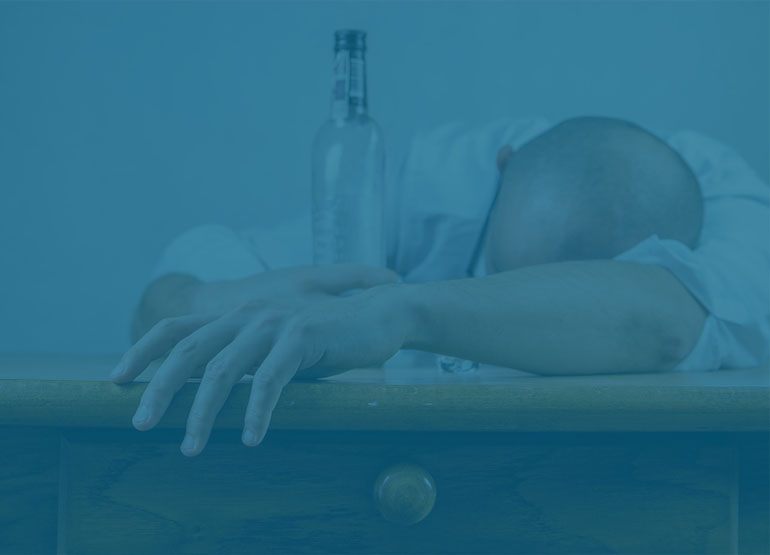Health Pages
Alcoholism & Treatments for Alcoholism
Alcoholism & Treatments for Alcoholism
Alcoholism is an addictive dependency on alcohol characterised by craving (a strong need to drink); loss of control (being unable to stop); physical dependence and withdrawal symptoms; and tolerance (increasing difficulty of becoming drunk).
Some experts believe alcohol dependence is a disease that cannot be cured, just like diabetes or heart disease. Other experts argue that alcohol dependence is a psychological disorder rather than a disease and believe that people that people attempting to recover from alcohol disorders can choose to stop drinking altogether or can learn to drink moderately instead.
Most experts think choice does not determine whether something is a disease. Heart disease, diabetes, some forms of cancer, and many other diseases involve personal choices like diet, exercise, occupational hazards, risk behaviors, sun exposure, etc. Experts from this perspective believe that disease is what happens in the body as a result of those choices.
Some experts think addiction cannot be a disease because it is caused by the individual's choice to use alcohol. While the first use of alcohol, or in an early stage of use, it may be by choice, but once the brain has been changed by addiction, most experts believe that the person loses control of their behavior.
Alcoholism is chronic disease, meaning that it lasts a person's lifetime, usually follows a predictable course and it has typical symptoms. Like with many other disease, the risk for developing alcoholism is influenced both by a person's genes and by his or her lifestyle.
Alcoholism is a life-threatening problem that is causal factor in more than 200 medical conditions and increases chances of physical, social, or moral harm to the drinker.
Treatments for Alcoholism
The physical symptoms when withdrawing from alcohol are seen to be equal to those experienced during withdrawal from heroin. Alcoholics who try to cut down on drinking rarely succeed. For someone with alcohol dependence, stop drinking alcohol is the safest choice and the best course for recovery. It’s also the best choice for their health. Some people who are not alcohol dependent but who have experienced alcohol-related problems may be able to limit the amount they drink. If they can't stay within those limits, they need to stop drinking altogether.
Treatments for alcoholism include detoxification programs run by medical institutions. These may involve stays of a number of weeks in specialized hospital wards where drugs may be used to avoid withdrawal symptoms. After detoxification, various forms of group therapy or psychotherapy can be used to deal with underlying psychological issues leading to alcohol dependence.
Aversion therapies may be supported by drugs like Disulfiram, which causes a strong and prompt hangover whenever alcohol is consumed. Naltrexone may improve compliance with abstinance planning. The standard pharmocopeia of anti-depressants, anxiolytics and other psychotropic drugs treat underlying mood disorders, neuroses and psychoses associated with alcoholic symptoms.
Learn more:



